Assistant Professor, Political Science
My teaching encourages students to question conventional narratives about Canada, exposing them to multiple, competing perspectives on Canadian politics. I want students to leave my classroom with a deep appreciation for the complexity of concepts like decolonization, reconciliation, citizenship, and multiculturalism, and with a commitment to engaging in sincere and respectful relationships in order to address Canada’s biggest political problems.
Research Interests:
- National celebrations, commemorations, and monuments
- Canadian heritage policy
- settler-colonialism
- diversity and Canadian politics
Dr. Daisy Raphael’s research and teaching engages in difficult questions about the nature of Canada in the context of calls for reconciliation, decolonization, racial justice, and gender equality. Her current research focuses on national celebrations, especially the ever-changing politics of Canada Day, offering novel ways of theorizing the role of national celebrations in settler-colonial contexts.
Dr. Raphael also engages in the study of monuments. For example, her 2021 article, “Triumph through Diversity,” published in a special issue of the International Journal of Canadian Studies highlighting work by ‘next generation’ Canadian studies scholars, examines the War of 1812 monument on Parliament Hill. Created by former Prime Minister Stephen Harper, who argued that the war represents Canada’s origin story, this article makes the case that – despite its emphasis on diversity – the commemoration obscured the role of colonization in Canada’s founding. Illustrating ways conservative governments can easily co-opt the language and symbols of diversity, this research raises questions about the potential for more ‘diverse’ monuments to ‘unsettle’ settler-colonialism.
Dr. Raphael is currently teaching Introduction to Political Science and Canadian Government & Politics. For Dr. Raphael, undergraduate teaching is a great privilege and responsibility, as today’s undergraduate students are future leaders who will address our greatest challenges, including, for example, climate change, decolonization, racial injustice, income inequality, gender-based violence, and social marginalization. Addressing these problems requires a commitment to social literacy and investment in liberal arts education.
Recent peer-reviewed publications
Raphael, Daisy, Justin Leifso, and Janine Brodie. Forthcoming. “Political Parties”. In Critical Concepts: An Introduction to Politics, 6th edition. eds. Janine Brodie, Sandra Rein, and Malinda S. Smith, Oxford University Press.
Justin Leifso and Daisy Raphael. Forthcoming. “Elections”. In Critical Concepts: An Introduction to Politics, 6th edition. eds. Janine Brodie, Sandra Rein, and Malinda S. Smith, Oxford University Press.
Raphael, Daisy. 2021. “‘Triumph Through Diversity?’ The War of 1812 Commemoration and Settler-Colonial Myth-Making.” International Journal of Canadian Studies 58: 92-109.
EDI Resources
Smith, Malinda S. and Daisy Raphael. 2018. Equity, Diversity, and Inclusion: Best Practices in Faculty Recruitment and Hiring. University of Alberta Provost’s Office. https://www.ualberta.ca/equity-diversity-inclusivity/media-library/edi/resources-page/best-practices_edi_draft-dec-3_letter.pdf
Smith, Malinda S. and Daisy Raphael. 2018. “Focus on Visible Minorities: Key Equity and Human Rights Milestones in Alberta and Canada.” University of Alberta Provost’s Office. https://www.ualberta.ca/equity-diversity-inclusivity/media-library/edi/resources-page/focus-on-visible-minorities—historical-resource.pdf
Smith, Malinda S. and Daisy Raphael. 2018. “Focus on Persons with Disabilities: Key Equity and Human Rights Milestones in Alberta and Canada.” University of Alberta Provost’s Office. https://www.ualberta.ca/equity-diversity-inclusivity/media-library/edi/resources-page/focus-on-persons-with-disabilities—timeline-resource.pdf







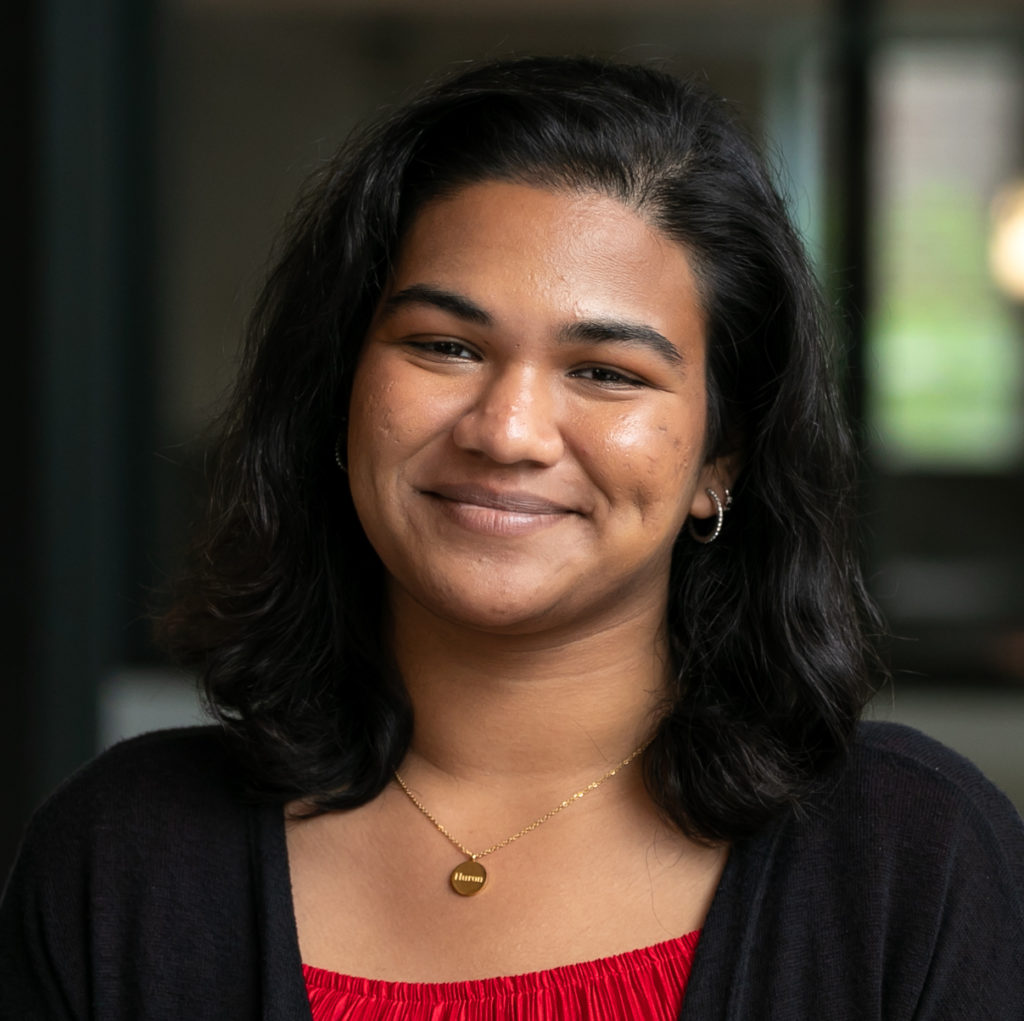
 Wes Hall is the Founder and Chairman of Kingsdale Advisors, and The BlackNorth Initiative, and Canada’s first Black Dragon investor on CBC’s Dragons’ Den.
Wes Hall is the Founder and Chairman of Kingsdale Advisors, and The BlackNorth Initiative, and Canada’s first Black Dragon investor on CBC’s Dragons’ Den.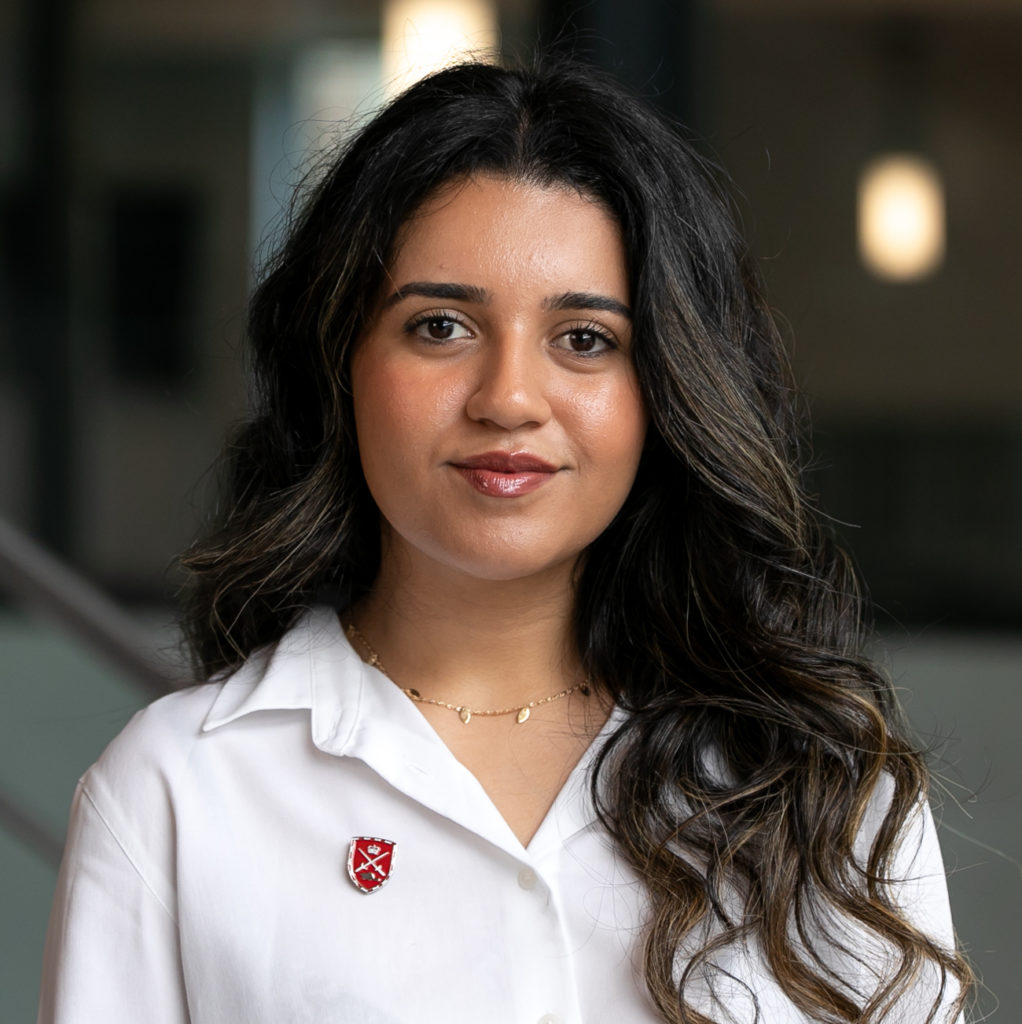


 Leigh Allen is the AVP, Global Strategic Research, Reinsurance Group of America Inc., one of the world’s largest global life and reinsurance companies.
Leigh Allen is the AVP, Global Strategic Research, Reinsurance Group of America Inc., one of the world’s largest global life and reinsurance companies. Yola Ventresca is a Managing Partner, Lerners LLP, Secretary of Huron’s Board of Governors and a Huron Class of ’02 alumni. Selected as one of Canada’s “Best Lawyers,” she is passionate about the value of Liberal Arts in helping students succeed in their careers.
Yola Ventresca is a Managing Partner, Lerners LLP, Secretary of Huron’s Board of Governors and a Huron Class of ’02 alumni. Selected as one of Canada’s “Best Lawyers,” she is passionate about the value of Liberal Arts in helping students succeed in their careers.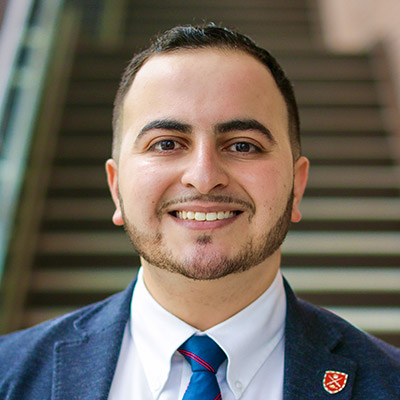

 Lisa Jones Keenan is the Vice President of Sales at Xplornet Communications, the largest rural fixed wireless broadband service provider in Canada.
Lisa Jones Keenan is the Vice President of Sales at Xplornet Communications, the largest rural fixed wireless broadband service provider in Canada.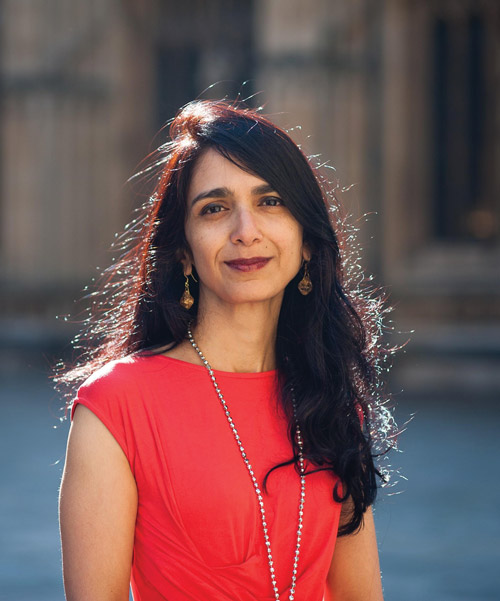 Ranjita is Executive Chair of the Oxford Global Partnership, advising investors, businesses, family offices and entrepreneurs on sustainable, inclusive and responsible value creation. A Business Fellow at Oxford University’s Smith School, Ranjita engages with companies on pursuing value with values, and teaches a postgraduate “Essentials of ESG & DEI” course.
Ranjita is Executive Chair of the Oxford Global Partnership, advising investors, businesses, family offices and entrepreneurs on sustainable, inclusive and responsible value creation. A Business Fellow at Oxford University’s Smith School, Ranjita engages with companies on pursuing value with values, and teaches a postgraduate “Essentials of ESG & DEI” course. Michael Medline is the President and CEO of Empire Company Limited and Sobeys Inc., a leading Canadian grocery retailer with grocery and ecommerce brands that reach across Canada, including Sobeys, Safeway, IGA, FreshCo, Foodland, Thrifty Foods, Farm Boy, Longo’s and Voilà.
Michael Medline is the President and CEO of Empire Company Limited and Sobeys Inc., a leading Canadian grocery retailer with grocery and ecommerce brands that reach across Canada, including Sobeys, Safeway, IGA, FreshCo, Foodland, Thrifty Foods, Farm Boy, Longo’s and Voilà. Susan Farrow is an Assistant Professor in The Temerty Faculty of Medicine at the University of Toronto and a Founding Partner and Co-Director of The Toronto Institute of Group Studies, an organization offering certified training and education in group leadership.
Susan Farrow is an Assistant Professor in The Temerty Faculty of Medicine at the University of Toronto and a Founding Partner and Co-Director of The Toronto Institute of Group Studies, an organization offering certified training and education in group leadership. Frank Holmes is CEO and Chief Investment Officer of U.S. Global Investors, as well as a business commentator, philanthropist and Huron Class of ‘78 alumnus. Holmes also serves as the Executive Chairman of HIVE Blockchain Technologies, the first cryptocurrency mining company to go public in 2017.
Frank Holmes is CEO and Chief Investment Officer of U.S. Global Investors, as well as a business commentator, philanthropist and Huron Class of ‘78 alumnus. Holmes also serves as the Executive Chairman of HIVE Blockchain Technologies, the first cryptocurrency mining company to go public in 2017. Caleb Hayhoe is the Founder & Chairman of Flowerdale Group and a Huron Class of ’85 Alumnus. Flowerdale Group is a Hong Kong based family office with a global investment outlook across public markets, real estate and private investment. Hayhoe previously spent over ten years building a global sourcing business together with an exceptional team, and remains committed to entrepreneurialism and helping great ideas become sustainable companies.
Caleb Hayhoe is the Founder & Chairman of Flowerdale Group and a Huron Class of ’85 Alumnus. Flowerdale Group is a Hong Kong based family office with a global investment outlook across public markets, real estate and private investment. Hayhoe previously spent over ten years building a global sourcing business together with an exceptional team, and remains committed to entrepreneurialism and helping great ideas become sustainable companies.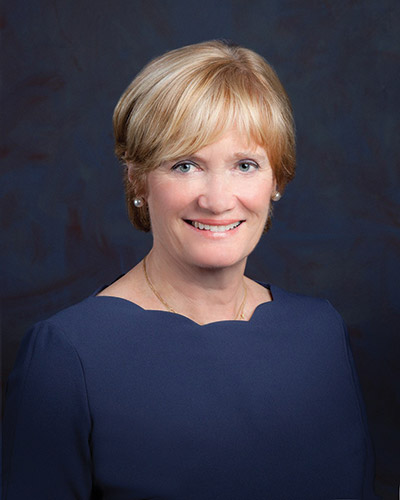 Kelly Meighen is an experienced philanthropist and volunteer. In her role as president of the T.R. Meighen Family Foundation, she has created a legacy of volunteerism and philanthropic giving in the areas of youth mental health advocacy, environmental conservation and cultural vibrancy.
Kelly Meighen is an experienced philanthropist and volunteer. In her role as president of the T.R. Meighen Family Foundation, she has created a legacy of volunteerism and philanthropic giving in the areas of youth mental health advocacy, environmental conservation and cultural vibrancy.




